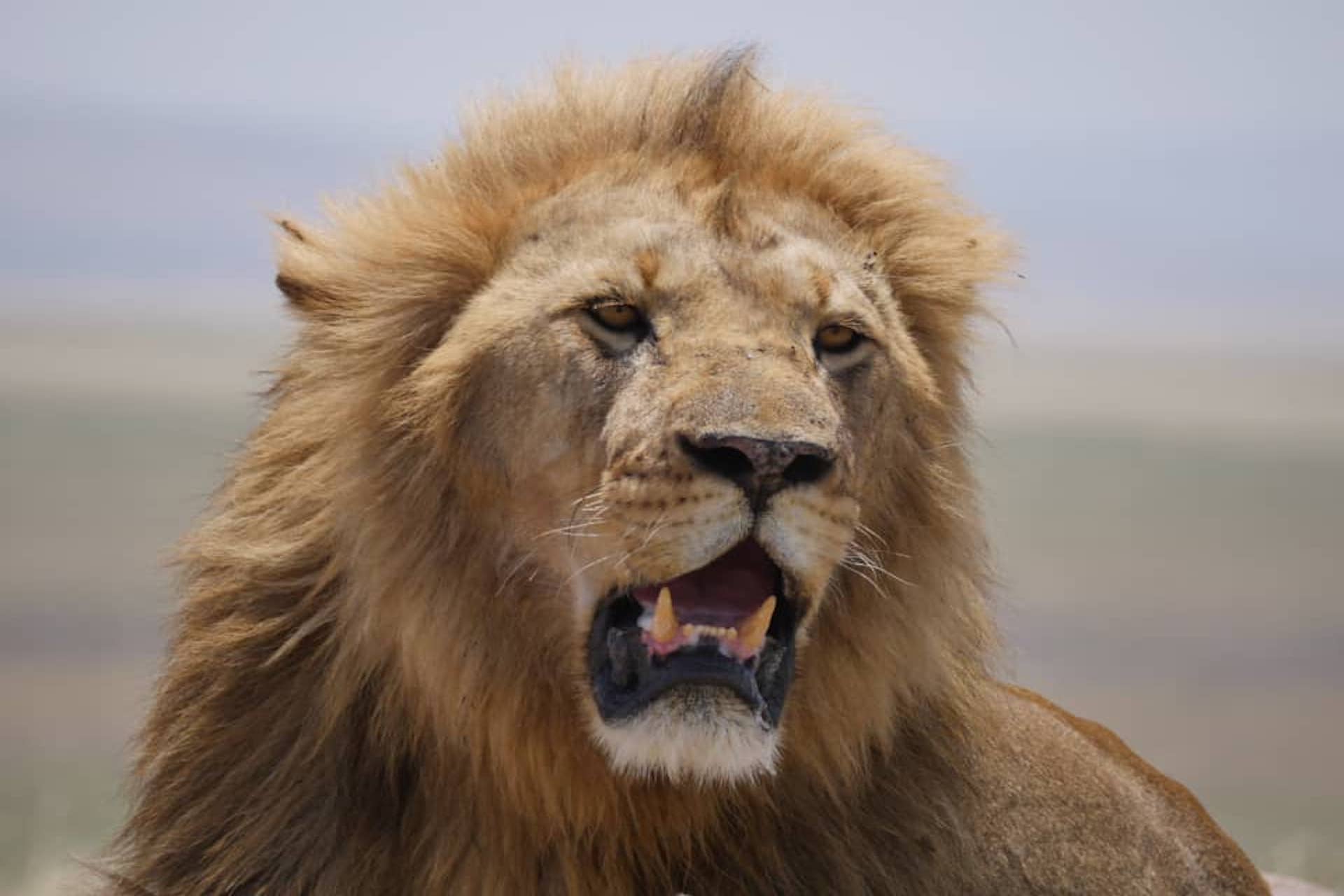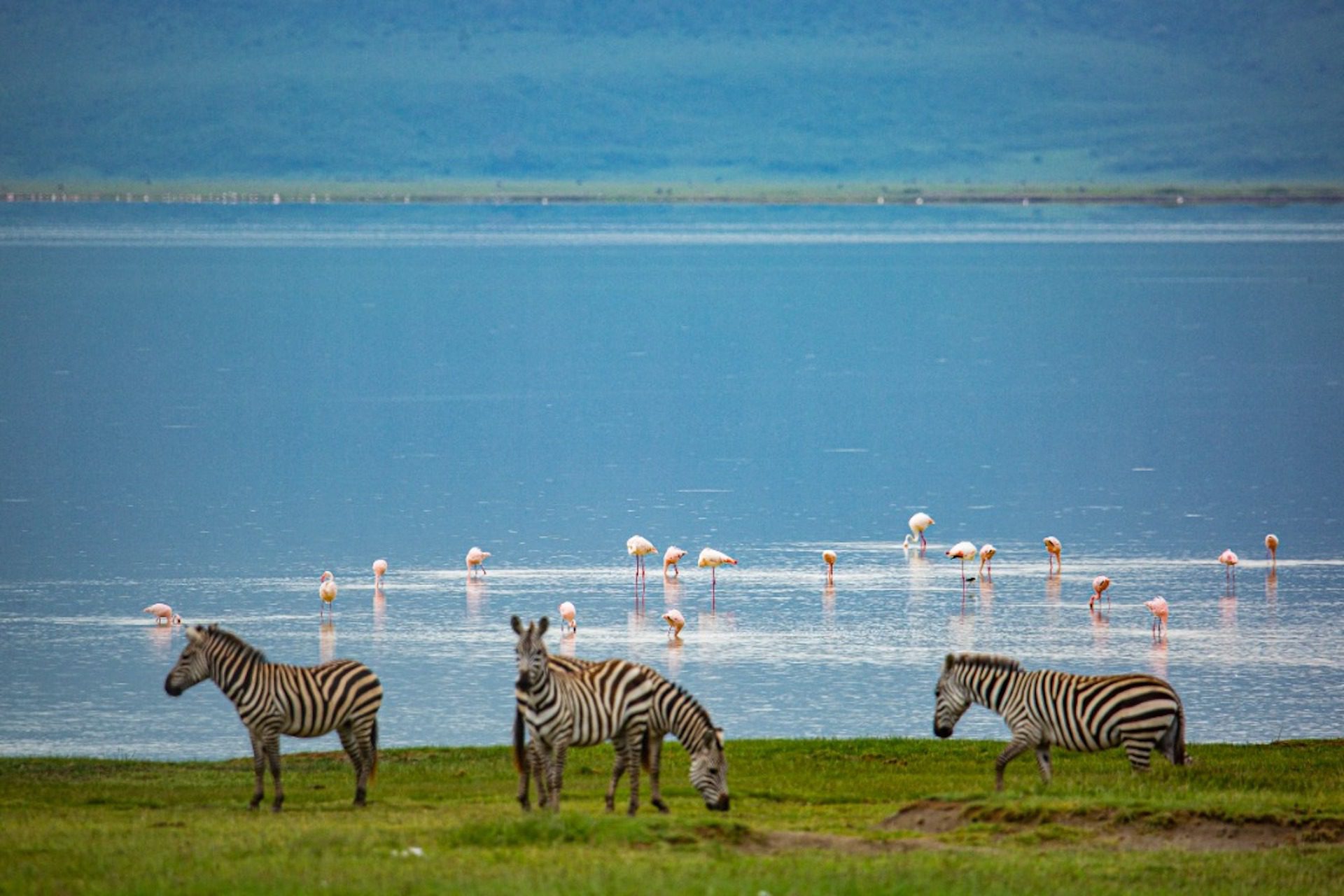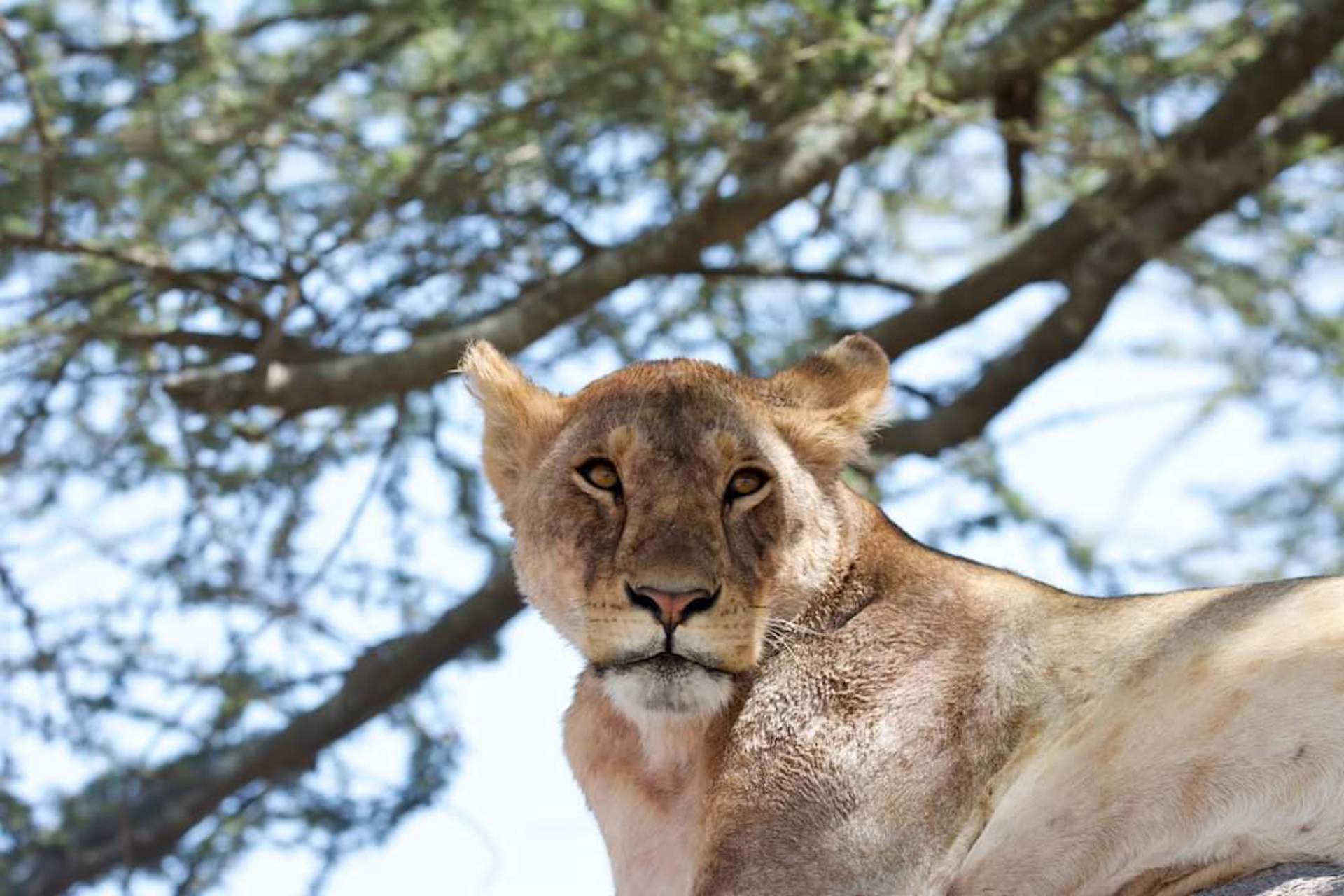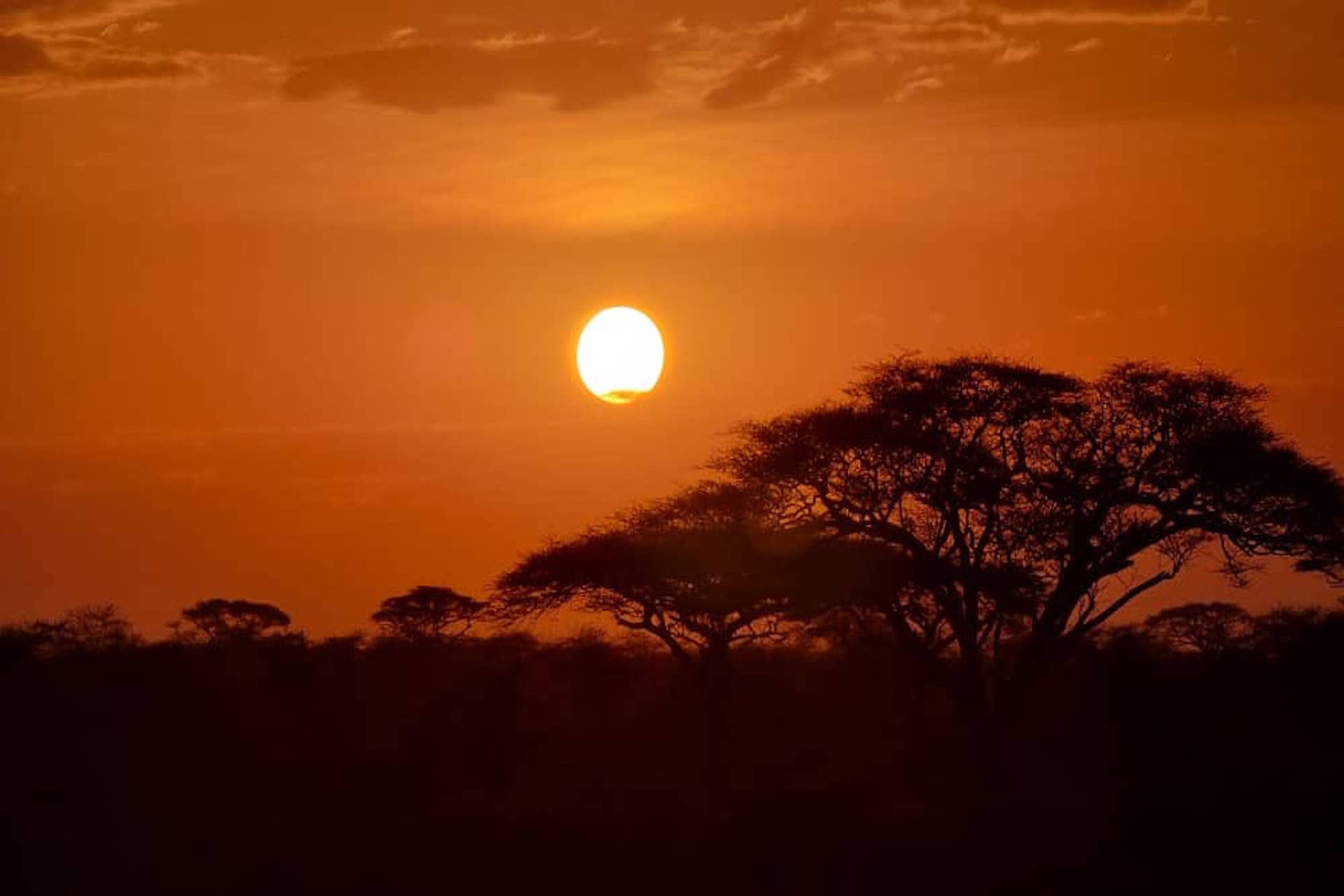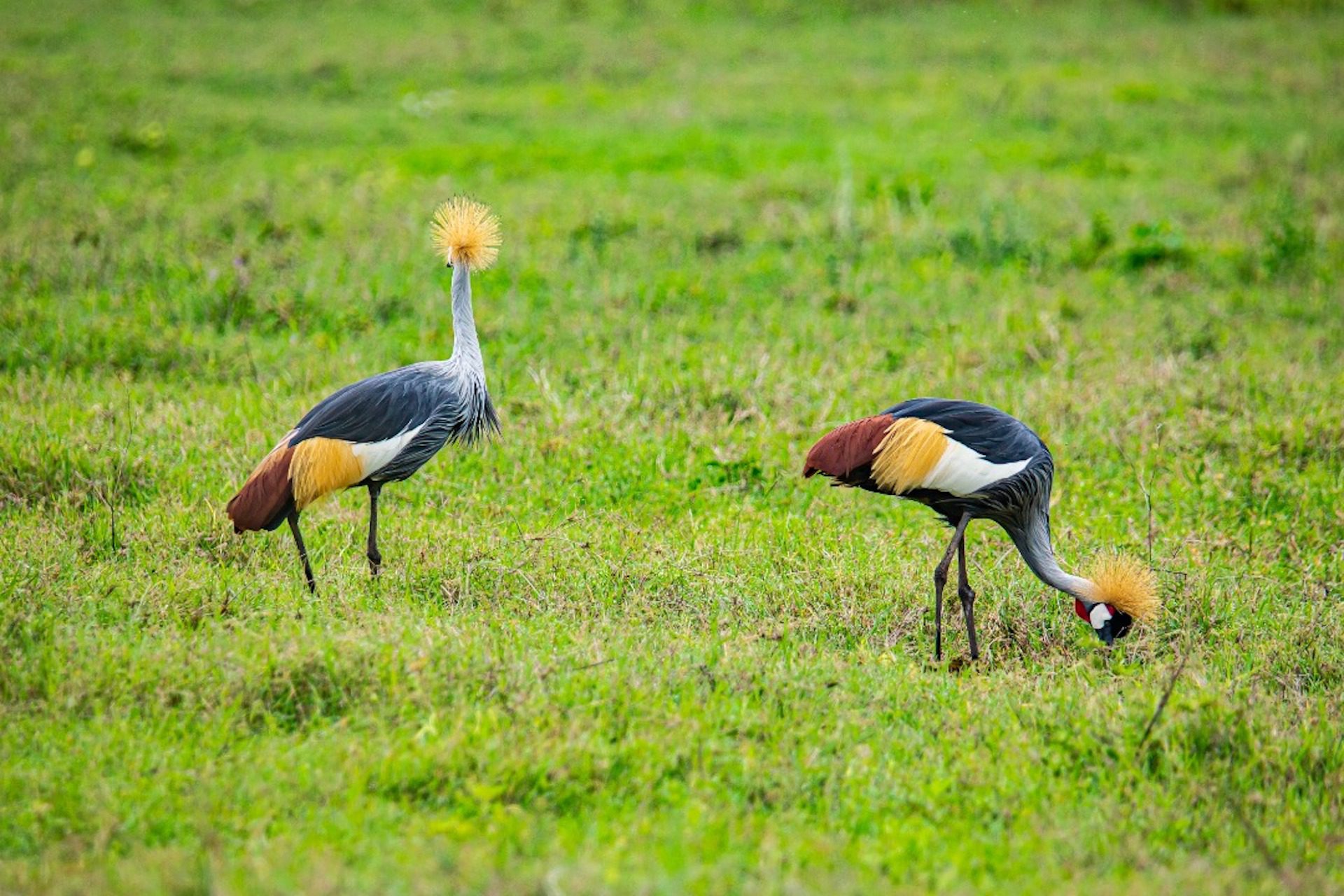Selous Julius Nyerere National Park Safari (Add-on Tanzania)
Explore Julius Nyerere National park, also known as Selous Park, on this three-day adventure. Get up close and personal on a walking safari and see all the game and birds of the savannah in their natural environment. This adventure will take you up the Rufiji River by boat. Selous Park is a hidden gem on the southern Tanzanian Safari circuit and not too far from Dar-es-Salaam.
This is a great travel plan to combine with a Zanzibar trip. But for shorter day trips, check out our Timeless Tarangire travel plan, Short n’ sweet safari and a Taste of the savanna.
| Day 1 |
DAR-ES-SALAAM CITY – NYERERE NATIONAL PARK | RUFIJI RIVER CAMP OR SELOUS JIMBIZA CAMPPick up from Dar-es-salaam city center and proceed to Nyerere National Park with a picnic lunch. Late afternoon, enjoy a boat safari along the mighty Rufiji River. You will discover the Rufiji River by boat and encounter hippos and crocodiles in good numbers. Some 350 bird species have been recorded in the Nyerere National Park. These are typical of miombo woodlands, and the bird life supported by Rufiji swamplands is of particular interest. Overnight at Rufiji River Camp or Selous Jimbiza Camp (Half Board) or Similar |
| Day 2 |
WALKING SAFARI AND GAME DRIVE | RUFIJI RIVER CAMP OR SELOUS JIMBIZA CAMPAfter early breakfast, Your day will start with an early morning walking safari, followed by a game drive with your picnic lunch. The Walking safari will give you a particularly intimate feel for the African wilds. It starts in the morning with a guidance of an armed ranger and takes 2 hours before you meet the driver at the reserve gate. Walking safaris offer a good chance to see giraffes, zebra, elephants, and birds. The Nyerere National Park, the former Selous Game Reserve, is the largest in Africa, covering 54,600 square kilometers. The reserve gets its name from the hunter and explorer Frederick Courtney Selous. He was killed here during World War 1. Selous is famous for elephants. Other species commonly seen are lions, wild dogs, buffaloes, bushbuck, impalas, elands, baboons, zebras, and greater kudus. It was originally set aside as a hunting area where animals are abundant but shyer than the Northern Parks. Excursions by a 4×4 vehicle will permit you to have good photographic opportunities and the chance to explore different sections of the vast park. Overnight at Rufiji River Camp or Selous Jimbiza Camp (Full Board) or Similar |
| Day 3 |
NYERERE NATIONAL PARK – DAR-ES-SALAAM CITY | END OF TOURAfter breakfast, return to Dar-es-Salaam with a picnic lunch. |








 .
. 
 .
. 
 23°C
23°CJulius Nyerere National Park is a unique and exciting destination for anyone seeking an authentic safari experience in Tanzania.
Pick this travel plan because it is:
- Time efficient: This travel plan is only 3 days long, making it a great add-on trip to combine with our other longer plans.
- The accommodation is comfortable and carefully chosen.
- The Selous, or as it is known, the Julius Nyerere National Park, is a hidden gem, a lot quieter than the Northern Circuit parks. This park is often forgotten, but everyone who visits it says it climbs to the top of their favorite places in Tanzania.
Julius Nyerere National Park is home to an incredibly diverse range of wildlife, including large herds of elephants, buffalo, hippos, crocodiles, lions, leopards, and many more. The park is also a birdwatcher’s paradise, with over 440 bird species recorded. This destination is off the beaten track. Unlike some of Tanzania’s more popular parks, Julius Nyerere National Park sees fewer visitors so you can enjoy a more peaceful and exclusive safari experience. This also means the park is less developed, and you can get a more authentic experience of the African wilderness. The Rufiji River flows through the park and is home to many wildlife, including hippos, crocodiles, and a wide range of birdlife. A boat safari down the river is an incredible way to see the park’s wildlife up close and from a different perspective. Why not enjoy a walking safari? Just let us know, and we can organize this for you because Julius Nyerere National Park is one of the few parks in Tanzania that allows walking safaris, which can be a thrilling and intimate way to experience the wilderness. Accompanied by an armed ranger, you can track animals on foot and learn about the smaller details of the ecosystem. The park is situated where several tribes live, including the Maasai and the Kinga. Visiting the nearby villages can give you a glimpse into the local way of life and provide a deeper understanding of the culture and history of the area.
What documents do I need to travel to Tanzania?
A visa is required when traveling to Tanzania. Currently, this can be obtained online, on arrival at airports and border crossings, and is valid for 90 days. A valid passport is mandatory. Your passport must be valid for at least 6 months beyond the date you expect to leave Tanzania.
Do lodges and camps have mosquito nets?
We carefully select the accommodation on safari so that you are comfortable and relaxed and can experience a one-of-a-kind atmosphere during your safari. All rooms/tents during your safari are fitted with mosquito nets or are insect-proofed to protect you against bites. You are also advised to use insect repellent to further protect yourself, especially outdoors in the evenings.
Is Tanzania safe to travel to?
Tanzania is generally considered a safe destination for safari-goers. Visitors should follow the safety guidelines provided and take necessary precautions, such as avoiding walking alone at night or leaving valuables unattended.
When does the wildebeest migration take place?
The wildebeest migration takes place in Tanzania typically between the months of November to August, although the timing can vary slightly depending on the weather patterns each year. The migration is a continuous movement of around 1.5 million wildebeest and large numbers of zebras and gazelles across the Serengeti plains in Tanzania in search of fresh grazing land and water. In November and December, the herds of wildebeest can be found in the northern Serengeti near the Kenyan border, where they start calving. As the rains stop and the dry season sets in, the herds begin to move south in search of water and fresh grazing. By April and May, the herds are usually in the central Serengeti. By June, the wildebeest and other herbivores gather at the Grumeti River, where they must cross to continue their journey south. By July, the herds are usually in the eastern Serengeti; by August, they move into the northern region of the Ngorongoro Conservation Area.
Is it safe to drink water in Tanzania?
Drinking tap water in Tanzania is generally unsafe, as it may contain harmful bacteria and parasites that can cause illnesses such as typhoid, cholera, and hepatitis A. Drinking only bottled or filtered water is important to avoid getting sick. You can buy bottled water at most shops, hotels, and restaurants in Tanzania. When traveling in Tanzania, it’s also important to avoid drinking water from sources such as lakes, rivers, and streams, which may also contain harmful bacteria and parasites. Instead, use bottled or filtered water to brush your teeth and rinse your mouth after brushing. Additionally, avoiding ice in drinks and peeling fruits and vegetables before eating them is a good idea to reduce the risk of ingesting contaminated water.
What are the best national parks to visit in Tanzania for a safari?
While the northern circuit parks of Tanzania, such as Serengeti National Park, Ngorongoro Crater, and Lake Manyara National Park, are very popular among tourists and offer incredible wildlife viewing opportunities, Selous Game Reserve has some unique advantages that make it worth considering as an alternative. Selous is much less crowded than the other parks, which means you may have more opportunities for peaceful and uninterrupted wildlife viewing. Selous is the only park in Tanzania where you can take a boat safari, which is a unique way to explore the Rufiji River and see wildlife such as hippos, crocodiles, and birds. Selous also offers the opportunity to take a walking safari, which can be an exciting and educational way to experience the park’s wildlife and landscapes up close. Selous is a vast park with a wide variety of habitats, including open grasslands, forests, wetlands, and rivers, which means you may see a wider variety of wildlife than in some of the other parks. Selous is located near several villages where you can learn about local cultures and traditions, including the hunter-gatherer tribe of the Hadzabe.
What kind of wildlife can I expect to see on a Tanzania safari?
Tanzania is home to a wide variety of wildlife, including lions, elephants, giraffes, zebras, wildebeest, hippos, buffalo, leopards, cheetahs, and many species of birds.
What is the best time of year to go on a Tanzania safari?
The best time to go on a Tanzania safari depends on your preferences. The dry season from June to October is the best time for game viewing, but it can be crowded and more expensive. The wet season from November to May offers lush landscapes, fewer crowds, and lower prices, but some parks may be closed due to flooding.
What kind of transportation will be used during my safari?
Our safaris are in 4×4 vehicles, which are ideal for navigating the rugged terrain of the national parks. Some safaris may also include flights to remote areas or walking safaris.
What should I wear on my safari?
It’s important to dress in layers and pack versatile, easy-to-wash, and dry clothing. Don’t forget also to bring sunscreen, insect repellent, and a small backpack to carry your essentials while on safari. Choose comfortable, practical, and appropriate clothing for the weather conditions. Lightweight, breathable clothing such as cotton or linen shirts, pants, and shorts. Long-sleeved shirts and pants can also help protect you from the sun, insects, and thorny bushes. Neutral-colored clothing such as khaki, beige, or olive green. Avoid bright colors or patterns, as they can scare off wildlife or attract insects. Closed-toe shoes such as sneakers or hiking boots for walking safaris or nature walks. Sandals or flip-flops can be worn around camp but may not provide enough protection for outdoor activities. A hat or cap to protect your head and face from the sun. Sunglasses protect your eyes from the bright sunlight. A light jacket or sweater for cooler mornings and evenings. Swimwear if you plan to visit a lodge or camp with a swimming pool. A rain jacket or poncho if you’re traveling during the rainy season.
Included in the price:
- Safari base vehicle
- English-speaking driver/guide
- 2 nights full board accommodation whilst on safari
- Pick up and drop off within Dar city center
- Boat & walking safari (shared)
- Park, concession fees & game drive
Excluded from the price:
- International and Domestic Flights
- Visas
- Beverages (alcoholic and non-alcoholic)
- Medical and luggage insurance
- Any deviation in the itinerary
- Tips (recommended)
- Dar es salaam airport transfers
- Other personal expenses
- Emergency evacuation insurance
Request A Free Quote!
- Best price guarantee
- Without any obligation to book
- Your request will be sent directly to the operator

